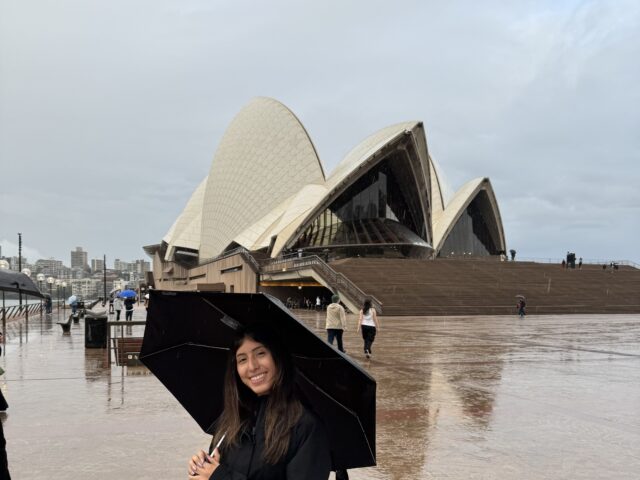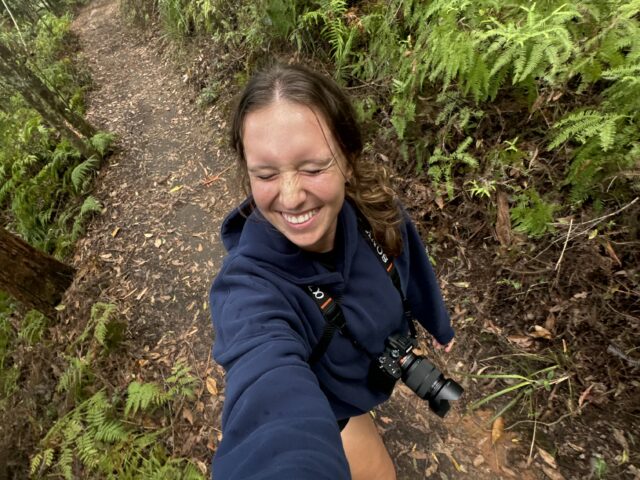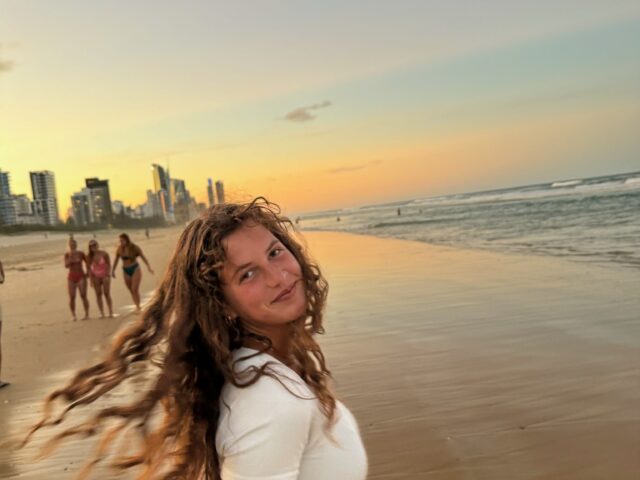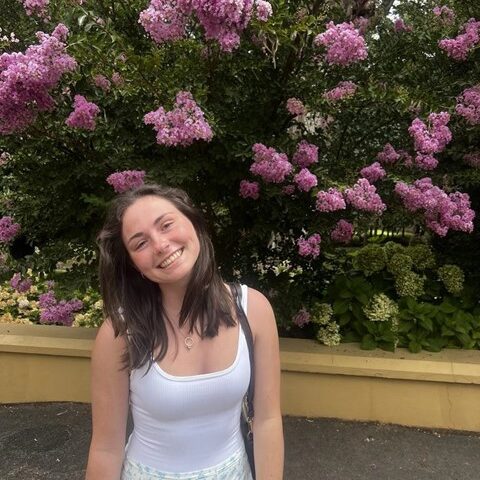James Cook University (JCU) in Townsville, Australia is unique in its close proximity to the Great Barrier Reef and strong educational focus on tropical ecosystem health and biodiversity. As a marine biology major from New York, the opportunity to study conservation, ecology and marine physiology on the Great Barrier Reef was an incredible opportunity I couldn’t pass up. I had always wanted to visit Australia, and studying abroad at JCU provided the chance to take courses not offered at my home institution while also being able to experience all that the country had to offer.

During my semester I was enrolled in four courses: Australian Vertebrate Fauna, Evolution and Ecology of Reef Fishes, Life History and Evolution of Reef Corals, and Conserving Marine Wildlife: Sea Mammals, Birds, Reptiles. Before enrolling, I was advised that Australian courses were more intense than American courses, and that the workload would be strenuous, but I didn’t let that deter me from taking the courses I wanted to take. That being said – the classes were tough. In Australia, courses often only have only a few, but significant, assignments that are worth a large percentage of your grade and the final exam is also worth considerably more than for classes back home.
Ask a Question about this Program

The Australian students at JCU were obviously used to this system, while international students like myself, who make up a high proportion of the marine biology program, struggled more. I was surprised to see that all of my classes were attended by a mix of undergrads and graduate students, but unsurprisingly most of the graduate students were international.

While the coursework was difficult, the labs and the field trips were more than worth it. Three of my four courses had weekly labs where we studied coral and reef fish physiology, worked with population models and practiced identifying different marine species to prepare us to go out in the field. In one lab, we were challenged to recreate a fish skull by starting with the full head, removing the flesh and then reconnecting all of the bones.

Depending where you study, students can go on course-related field trips or excursions during their breaks. On Easter weekend and again during spring break, I found myself living at the Orpheus Island Research Station and snorkeling on the Great Barrier Reef taking coral transects and doing fish family surveys.

From dawn until dusk we were snorkeling, practicing our field skills, and eating and laughing together. The data collected at Orpheus was also used for our future coral research projects submitted at the end of the semester and the fish survey data for that particular reef system.

In the second half of spring break I traveled to the Wambiana Cattle Ranch in the outback with the other students from the Australian Vertebrate Fauna class. We practiced trapping and handling lizards, snakes and frogs, identified reptiles and mammals, and practiced survey techniques. During the day, we used keys and birdcalls to identify different bird species, and at night we donned our headlamps and hopped into the riverbed to catch frogs. These types of field trips offered truly unforgettable experiences while also giving us practical field experience.

Studying abroad at JCU offered the amazing opportunity to be totally immersed in Australia’s wildlife, and for that I will forever be grateful.
Tiare Fridrich is a Marine Biology and Wildlife Conservation Biology major at University of Rhode Island, she studied abroad at James Cook University with TEAN in Townsville, Australia.







